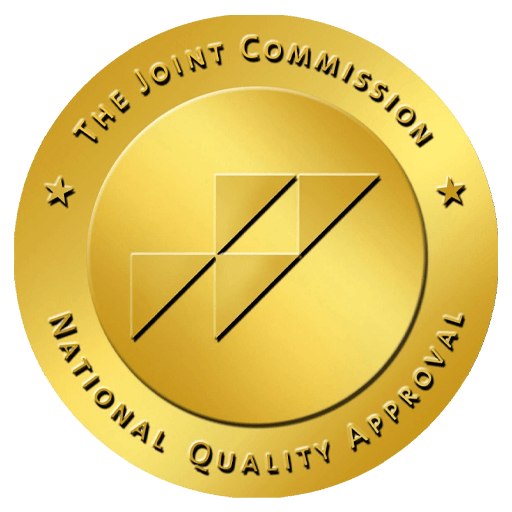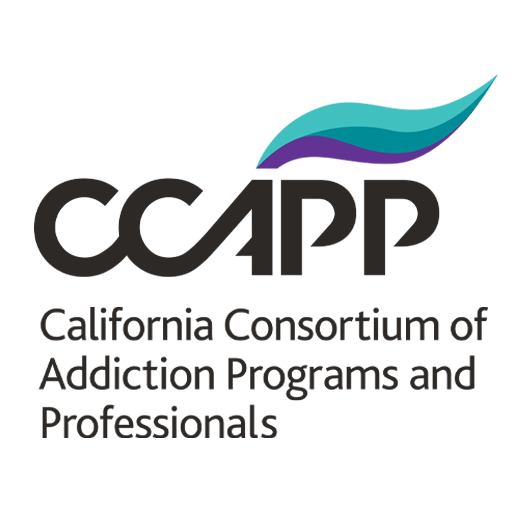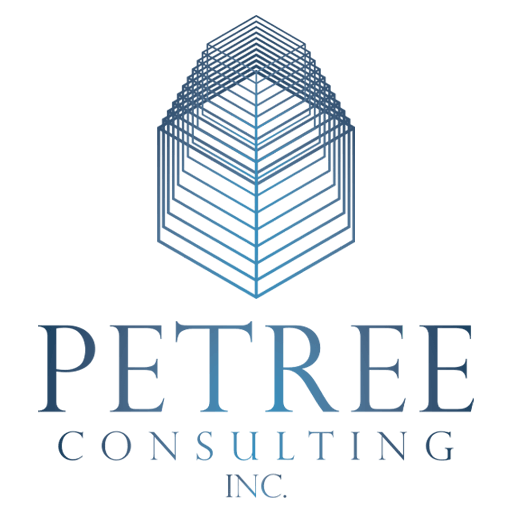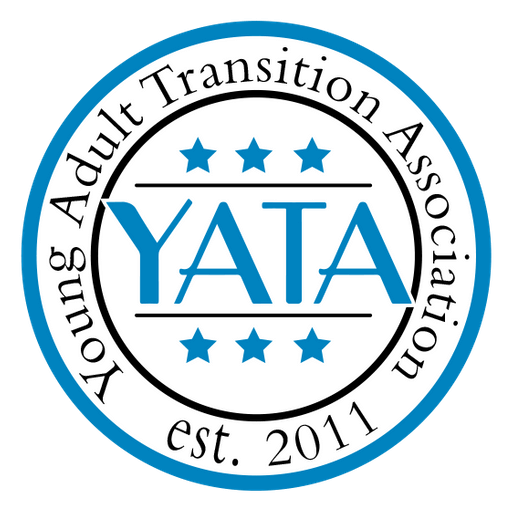Treatment Options at Encino Drug Rehab Centers
When you’re navigating the tumultuous waters of addiction, finding the right treatment can feel overwhelming. Encino drug rehab center facilities offer a variety of services to cater to the diverse needs of individuals seeking recovery. From detoxification programs to outpatient services, each center provides a unique approach tailored to different addiction profiles.
One of the key benefits of choosing an Encino drug rehab center is the availability of integrated care programs. These programs often encompass both medical and psychological support, acknowledging the multifaceted nature of addiction. As a professional with over two decades in the field, working at My Limitless Journeys has shown me just how crucial this integrated approach is for sustainable recovery.
Many rehabs in Encino emphasize individualized treatments. Rather than a one-size-fits-all method, these centers tailor their therapies to address the specific challenges and strengths of each person. This personalized focus not only enhances treatment effectiveness but also empowers individuals to take an active role in their recovery journey.
Unique Features of Encino Rehabs
What sets an Encino drug rehab center apart from others? For starters, the serene environment and proximity to nature can play a significant role in the healing process. Imagine waking up to the gentle rustle of leaves and the warmth of the California sun–a stark contrast to the chaos of addiction.
Moreover, many centers in Encino offer holistic therapy options. From yoga and meditation to art and music therapy, these programs aim to heal not just the body, but the mind and spirit as well. These alternative therapies are gaining traction as effective complements to traditional treatment modalities.
Another noteworthy feature is the community support available at these centers. Whether through group therapy sessions, 12-step meetings, or peer mentoring, the sense of belonging and shared experience can be incredibly healing. During my time at My Limitless Journeys, I’ve seen firsthand how building a supportive network can lay the foundation for long-term sobriety.
Finally, the focus on dual diagnosis treatment is another advantage. Many individuals with substance abuse issues also struggle with co-occurring mental health disorders. Encino rehabs often take a dual diagnosis approach, addressing both substance abuse and mental health concurrently for a more holistic recovery.
Encino Rehab Success Stories
Stories of recovery and renewal abound at My Limitless Journeys. I remember a client, Sarah, who came to us after years of struggling with alcohol addiction. Her story was one of courage and determination, and the Encino drug rehab center she chose played a pivotal role in her journey to sobriety.
Thanks to a comprehensive treatment plan that included cognitive behavioral therapy and mindfulness training, Sarah was able to confront the underlying issues driving her addiction. The supportive environment at the center, combined with the encouragement from her peers, empowered her to overcome challenges that once seemed insurmountable.
Another client, Mark, found solace in the center’s art therapy program. After years of battling opioid addiction, he discovered a newfound passion for painting, which became a crucial outlet for his emotions. The unique blend of therapy and art helped Mark reconnect with himself and fueled his drive to maintain sobriety.
What Makes Encino Rehab Centers Special?
Encino drug rehab center stands out for its comprehensive approach to treating addiction. The center combines traditional therapeutic methods with innovative treatment modalities to ensure a robust recovery process. With a focus on holistic healing, these centers understand that recovery is not just about abstaining from substances–it’s about rebuilding a life filled with purpose and passion.
The staff at these rehabs genuinely care about their clients’ well-being, offering support that extends beyond formal treatment. This commitment to long-term recovery is evident in the post-treatment services they provide, such as alumni programs and ongoing therapy sessions. The journey doesn’t end once treatment concludes; in fact, it’s just the beginning of a transformative path.
Commonly Asked Questions About Encino Drug Rehab Centers
What types of treatment programs are available at an Encino drug rehab center? These centers offer a range of programs, including detoxification, residential treatment, outpatient services, and specialized therapies like cognitive-behavioral therapy (CBT) and dialectical behavior therapy (DBT).
How long does treatment typically last? Treatment duration varies based on individual needs, but programs generally range from 30 to 90 days, with some extended options available for those requiring more intensive care.
Can family members be involved in the treatment process? Yes, family involvement is often encouraged and supported through family therapy sessions, which help rebuild relationships and provide loved ones with tools to support their family member’s recovery journey.
Discovering Steps to Long-Term Sobriety
Embarking on the path to sobriety at an Encino drug rehab center involves several key steps that set the stage for lasting recovery:
- Initial Assessment: A thorough evaluation of the individual’s needs and challenges helps create a tailored treatment plan.
- Detoxification: This medically supervised process helps rid the body of toxins and safely manage withdrawal symptoms.
- Therapeutic Intervention: Incorporating various therapeutic approaches such as CBT, DBT, and holistic therapies to address the root causes of addiction.
- Aftercare Planning: Developing a personalized aftercare plan that includes support groups, ongoing therapy, and resources for continued sobriety.
These steps, along with the support and resources offered by the center, play a critical role in helping individuals achieve long-term sobriety and rebuild their lives.











